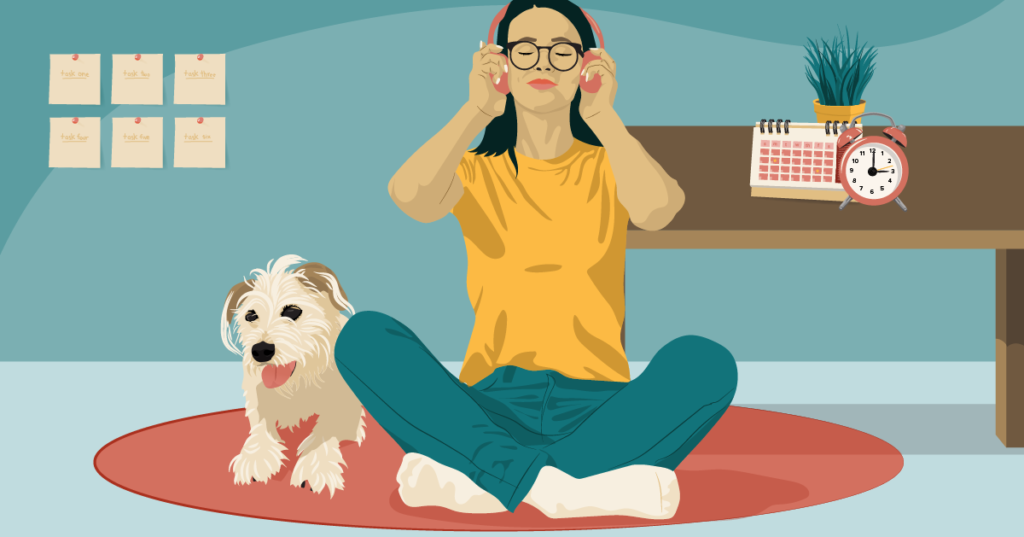If you live with depression, you may find it difficult to accomplish everyday tasks and responsibilities sometimes. “Adulting” is a term you may use to describe tasks like:
- going to work
- paying your bills
- shopping for food and other necessities
- keeping your home clean and organized
- maintaining important relationships
Completing any of these tasks may feel overwhelming if you experience symptoms of depression. While some of them may feel tedious or mundane, they’re important to your everyday life.
Here are seven tips to help you balance your responsibilities when you have depression.
You and your doctor can work together to come up with a treatment plan. This will help you treat depression symptoms and make it easier to keep up with the demands of your life.
Treatments for depression may include medications, therapy, or a combination of both. Your doctor may also recommend lifestyle modifications, like changes to your diet or exercise routine.
Write down or plan what you need to do each day, and try to replicate that schedule as often as you can. A routine will help you find a rhythm and balance your to-do list, all while using less mental energy.
This will help you accomplish your tasks and responsibilities and avoid feeling overwhelmed. Consider a paper or digital calendar and to-do list to help you stay organized and on top of things.
A large project at work or home may feel insurmountable and trigger symptoms of depression. Rather than looking at the monumental end result, try dividing out the project into smaller pieces.
Set achievable goals along the way to help you finish the final product. Try completing small, timed amounts of work each hour or day until the project is complete. This will help you manage stress and channel your energy effectively.
Try not to overextend yourself by committing to too many activities, events, and obligations. Give yourself time to decompress and maintain other important aspects of your well-being.
If you have too much work to do at your job, talk to your supervisor and colleagues about rebalancing your workload.
Healthy eating, exercise, and leisure activities are all important to staying physically and emotionally well. Try to leave room for these important aspects of self-care in your routine.
To make it easier to practice self-care, consider:
- joining a group exercise class
- signing up for newsletters or magazines that feature healthy living tips, like recipes
- investing in a hobby
Rather than hiding your feelings or depression symptoms, try to talk to loved ones about them. It’s helpful to talk to people in your inner circle about the stressors in your life. Relationships provide a give-and-take that can help you find perspective and provide you with helpful advice.
You can also consider joining a support group online or in person to share advice with others going through similar experiences as you.
It may seem like pet care could add more obligations to your task load, but consider the benefits of an animal companion. If your living situation allows for a pet and you’re not prone to allergies, a pet may be just what you need.
Caring for an animal may help you manage depression as well as stress, anxiety, and loneliness. A pet may also help you stay on top of your routine, as you’ll have to consider their needs each day.
